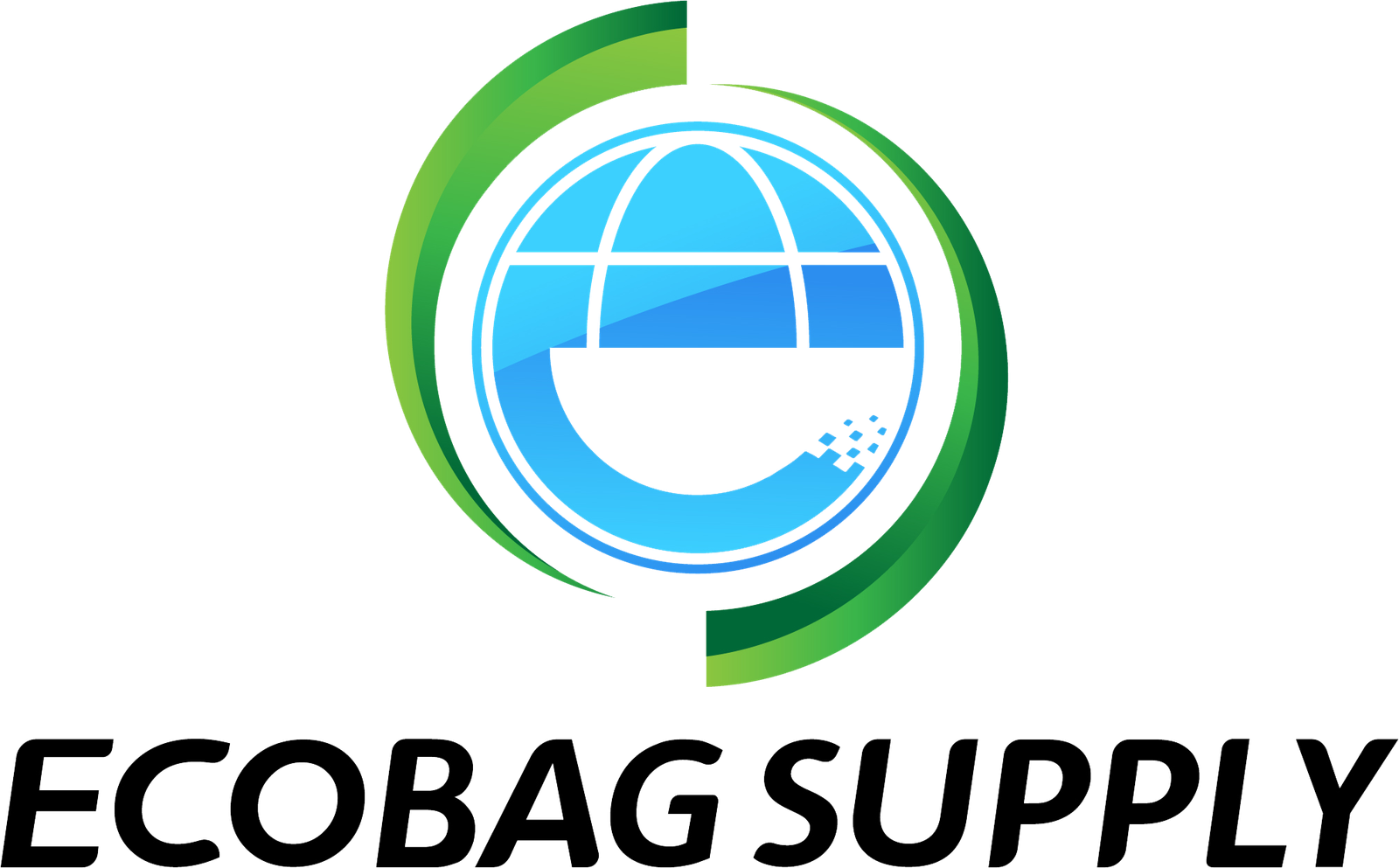As environmental concerns continue to grow, businesses are increasingly looking for sustainable solutions to reduce their carbon footprint. One area where significant progress has been made is in packaging materials. Traditional packaging, which often ends up in landfills, is being replaced by innovative alternatives that are both 100% recycled and compostable.
Recycled packaging is made from materials that have been recovered and reprocessed from waste streams. This can include paper, cardboard, plastic, and metal. By using recycled materials, businesses can reduce the demand for virgin resources, conserve energy, and decrease greenhouse gas emissions.
Compostable packaging, on the other hand, is made from organic materials that can break down into nutrient-rich compost. This means that after use, the packaging can be placed in a composting facility, where it will decompose naturally and become part of the soil. Compostable packaging not only reduces waste but also helps to enrich the soil and support a circular economy.
The benefits of using 100% recycled and compostable packaging are numerous. Firstly, it helps to conserve natural resources and reduce the amount of waste sent to landfills. Secondly, it promotes a more sustainable and responsible image for businesses, which can attract environmentally conscious consumers. Thirdly, it aligns with the growing demand for eco-friendly products and packaging.
Many companies have already embraced this shift towards sustainable packaging. They are actively seeking out suppliers who offer 100% recycled and compostable options. By making this choice, businesses can contribute to a greener future while meeting the needs of their customers.
In conclusion, 100% recycled and compostable packaging is a win-win solution for businesses and the environment. By choosing these materials, companies can reduce waste, conserve resources, and demonstrate their commitment to sustainability. Together, we can make a positive impact and pave the way for a more eco-friendly future.








